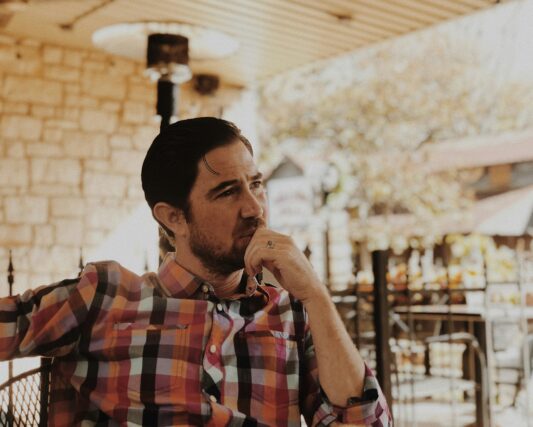We all experience hurt and disappointment, but some people find it particularly challenging to move past these feelings and forgive.

Forgiveness doesn’t mean condoning the action or forgetting the pain. It’s about releasing the negative emotions associated with the event and moving forward. This can be difficult for some, and there are often underlying reasons why forgiveness feels impossible.
1. You hold on to grudges for dear life.

It’s as if you’ve built a cosy little nest for those grudges, inviting them to stay for dinner and maybe even move in. You replay the hurtful events over and over, allowing bitterness to fester and grow. Letting go feels like losing a part of yourself, a twisted trophy you’ve earned.
2. The need for an apology feels essential.

For you, forgiveness feels like a transaction, a trade-off that requires an apology as payment. You hold on to your hurt until the offender acknowledges their wrongdoing and expresses remorse. Without that apology, forgiveness feels like giving them a free pass, and you’re not about to let that happen.
3. You equate forgiveness with weakness.
 Source: Unsplash
Source: Unsplash In your mind, forgiveness is a sign of weakness, a surrender to the person who hurt you. You view it as letting them off the hook, absolving them of responsibility. You believe that holding onto anger and resentment is a way of protecting yourself, a show of strength and resilience.
4. You find it hard to empathise with people.
 Source: Unsplash
Source: Unsplash You struggle to put yourself in the other person’s shoes, to understand their motivations or perspectives. You see things in black and white, good and evil, with no room for nuance or understanding. This lack of empathy makes it difficult to see the humanity in the person who hurt you, making forgiveness seem impossible.
5. You struggle to let go of the past.
 Source: Unsplash
Source: Unsplash The past feels like a heavy anchor, holding you back and preventing you from moving forward. You replay past hurts and disappointments, allowing them to define your present and shape your future. You may even be drawn to situations that confirm your negative beliefs, creating a self-fulfilling prophecy of pain and resentment.
6. You see yourself as a victim.
 Source: Unsplash
Source: Unsplash You may have experienced significant trauma or adversity in your life, and this has shaped your identity and worldview. You see yourself as a victim, powerless to change your circumstances or overcome your pain. This victim mentality can lead to feelings of helplessness and hopelessness, making it difficult to forgive and move on.
7. You have high expectations of people.
 Source: Unsplash
Source: Unsplash You may hold other people to unrealistic standards, expecting them to be perfect and never make mistakes. When they inevitably fall short, you feel disappointed and betrayed, making it difficult to forgive their imperfections. You may also have difficulty forgiving yourself for your own mistakes, holding yourself to the same impossibly high standards.
8. You have a strong sense of justice.
 Source: Unsplash
Source: Unsplash You believe that people should be held accountable for their actions, and that forgiveness should not come easily. You may see forgiveness as a way of excusing or condoning bad behaviour, and you feel a sense of moral obligation to hold people accountable. This strong sense of justice can make it difficult to let go of anger and resentment, even when it’s in your best interest to do so.
9. You struggle with trust issues.

Past hurts and betrayals have left you with deep-seated trust issues. You find it difficult to believe that people have your best interests at heart, and you’re constantly on the lookout for signs of deception or manipulation. This lack of trust can make it difficult to forgive, as you may suspect that the person who hurt you will do it again.
10. You fear vulnerability.
 Source: Unsplash
Source: Unsplash Forgiveness requires vulnerability, a willingness to open yourself up to the possibility of being hurt again. This can be terrifying for someone who has been hurt in the past, as it feels like exposing your raw emotions to the world. You may build walls around your heart, protecting yourself from further pain, but this also prevents you from experiencing the healing power of forgiveness.




